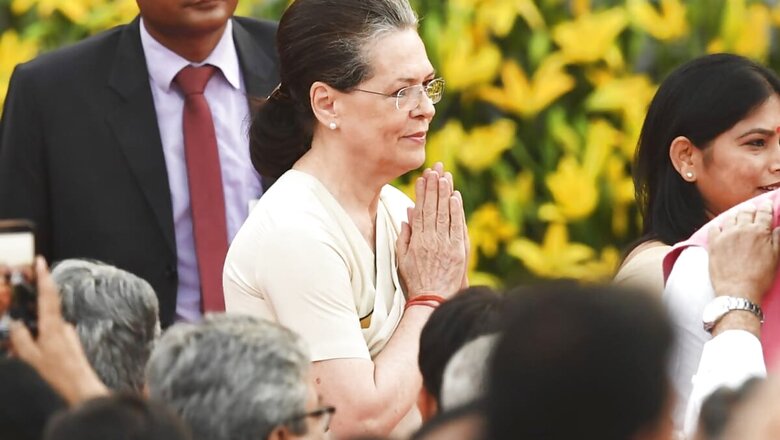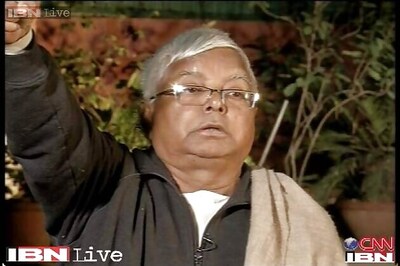
views
Congress president Sonia Gandhi advised chief ministers of Congress-ruled states to “explore the possibilities to pass laws in their respective States under Article 254(2) of the Constitution” in order to negate the effect of the three controversial agriculture legislations passed by Parliament during the recently concluded monsoon session.
Here is a look at Article 254(2) and whether state governments can exercise it against farm bills.
Q.What is Article 254(2)?
Article 254 is about inconsistency between laws made by Parliament and laws made by the Legislatures of States.
According to MHRD, article 254(2) is where a law made by the Legislature of a State with respect to one of the matters enumerated in the Concurrent List contains any provision repugnant to the provisions of an earlier law made by Parliament or an existing law with respect to that matter, then, the law so made by the Legislature of such State shall, if it has been reserved for the consideration of the President and has received his assent, prevail in that State.
Q.What does the concurrent list consist of?
The concurrent list provides a set of topics for the states to take a lead in reform. It covers areas such as criminal law and procedure, marriage, divorce and adoption, bankruptcy and insolvency, social security, education (including technical and medical education), electricity and agriculture.
Q.How can states benefit?
Though states could come out with their own Bills to some extent to override the statutes passed by Parliament, none of those bills would be effective unless the President accords his consent to them.
Q.Non-consent of President leads to?
It is the sole prerogative of the President whether to sign the state bills or not. It’s a rare circumstance wherein a state bill is accepted by the President without the Centre on board. In case the Centre is opposing the bill, then the President, who works on the aid and advice of the Council of Ministers, can refuse to give his consent.
Q.Can states move Supreme Court challenging the central law?
Supreme Court Advocate on Record Sunil Fernandes says states can approach the Supreme Court under Article 131 — invoking the court’s “original jurisdiction” — that allows a state to file a suit in the Supreme Court in case of any dispute that it may have with the central government. Article 131 could be used to examine the constitutionality of a statute.



















Comments
0 comment